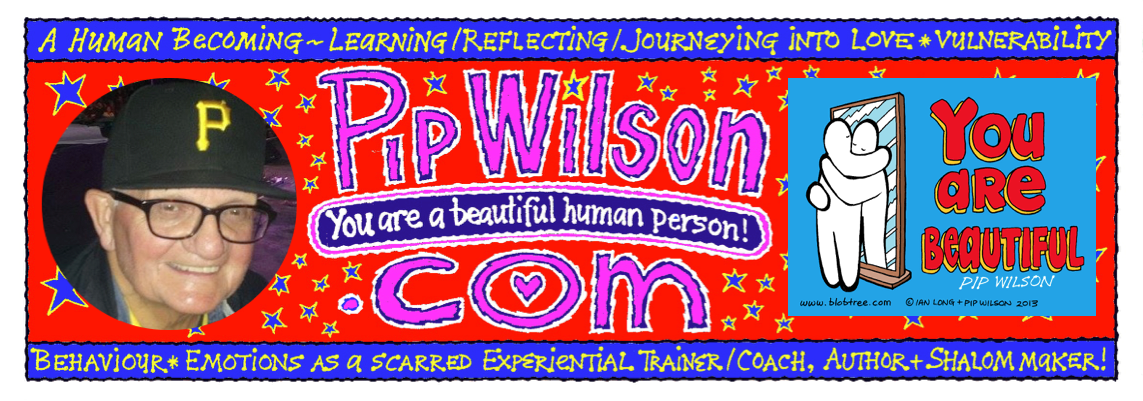Delinquents 'misinterpret anger'
| Seeing anger where it does not exist can lead to trouble |
Teenage boys who get into trouble with the law may find it hard to interpret social cues in others, say researchers.
This is real stuff for me.Captured from the BBC news.
I always work with groups and make the point that communication is only 7% words, 55% facial expression and the rest is the remaining elements of the human frame.
A Japanese study of 24 young offenders found they mistook facial expressions of disgust for anger more often than their peers.
In Child and Adolescent Psychiatry and Mental Health journal, the researchers said this might lead them to see a situation as more hostile than it was.
One UK expert said the ability to read facial expressions was "fundamental".
The team showed photos of faces expressing six basic emotions to 24 incarcerated young men and the same number of youths who had not been in trouble with the law.
| Professor Karen Pine, University of Hertfordshire |
The participants were asked to match each face with an emotion - anger, disgust, fear, happiness, sadness, or surprise.
Analysis showed the delinquent youths were more likely to mistake disgust for anger than their peers.
The researchers said it was the first real evidence that young offenders may have trouble distinguishing between disgust and anger.
But it supports previous work that showed children with conduct problems tend to perceive other emotions as anger.
And it has also been shown that juvenile delinquents often have short tempers and experience more intense anger than other children.
Hostility
Study leader Wataru Sato from Kyoto University said: "This bias towards misrecognising other emotions as anger is particularly significant because anger appears to play an important role in delinquency.
"Taken together the data suggest that delinquents might be projecting their own heightened angry emotions onto others when they misperceive others' negative, but not hostile, emotional states as anger."
Professor Karen Pine, an expert in developmental psychology at the University of Hertfordshire, said the ability to "read" a person's emotions from their facial expressions "is fundamental to us as social beings".
Failure to understand an expression could lead to one feeling threatened without due cause, and even to antisocial behaviour, she added.
"This is consistent with previous evidence and has been shown to account for some conduct problems in children."
But she stressed the latest findings should be interpreted with caution because errors were also made by the young men who had not been in trouble, albeit less frequently.
"The delinquents also had significantly lower IQs than the control group and this alone may have accounted for their poor performance on the task," she added.
